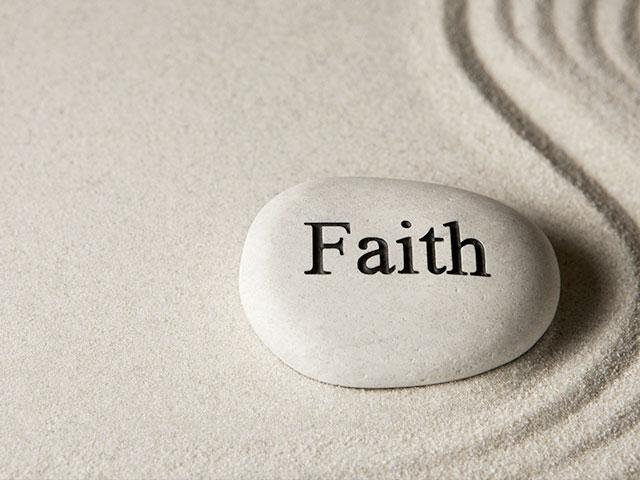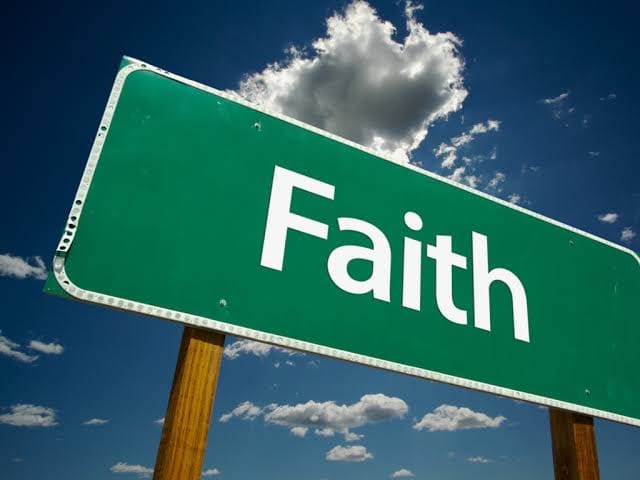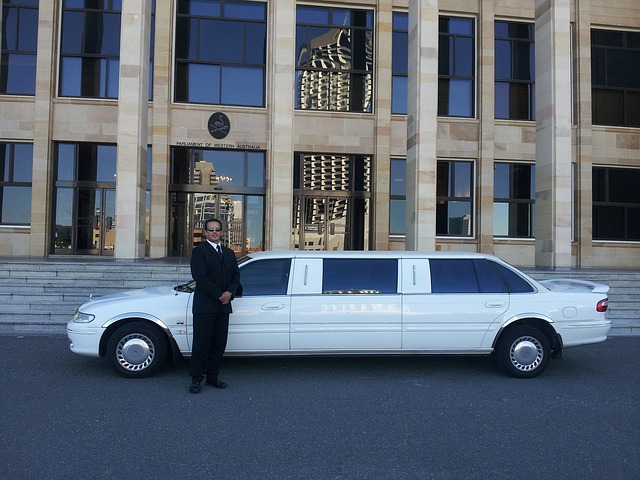In a world that continues to grow smaller and more interconnected, the need for understanding and respecting different faith traditions becomes increasingly critical. We live in an age where people from diverse backgrounds, cultures, and beliefs interact daily, making interfaith dialogue an essential aspect of building bridges and fostering harmony among communities. This blog post delves into the significance of understanding different faith traditions and how engaging in interfaith dialogue can enrich our lives and create a more compassionate and inclusive society.
The Importance of Religious Pluralism
Religious pluralism refers to the coexistence of multiple faith traditions within a society. Embracing religious pluralism is essential as it acknowledges the reality that people hold diverse beliefs and engage in different religious practices. Respect for religious diversity promotes a more tolerant and empathetic society, fostering unity despite apparent differences. When we embrace the idea of religious pluralism, we begin to recognize that every faith tradition carries intrinsic value and can contribute positively to the fabric of our communities.
The Benefits of Interfaith Dialogue
Interfaith dialogue serves as a powerful tool to bridge the gap between different faith traditions. It allows individuals to engage in open and respectful conversations, share their beliefs, and develop a deeper appreciation for the experiences of others. By actively participating in interfaith dialogue, people can overcome stereotypes and misconceptions that often arise from ignorance or a lack of exposure to diverse beliefs.
One of the significant benefits of interfaith dialogue is its potential to promote peace and harmony. When individuals from different religious backgrounds come together, they find common ground and shared values. By focusing on these shared values, they can build stronger relationships, work towards common goals, and contribute to peacebuilding efforts globally.
Enhancing Empathy and Understanding
Engaging in interfaith dialogue requires individuals to empathize with others, an essential quality that promotes understanding and cooperation. As we listen to the stories and experiences of people from different faith traditions, we gain insight into their struggles, joys, and convictions. This heightened empathy fosters a sense of shared humanity and diminishes the walls that may have previously separated us.
Interfaith dialogue also provides an opportunity for individuals to question their own beliefs and reflect on their faith journey. By encountering diverse perspectives, people are encouraged to explore the depth of their spirituality and seek a deeper understanding of their religious convictions.

Preserving Cultural Heritage
Faith traditions often serve as the backbone of cultural heritage. They pass down stories, rituals, and customs from generation to generation, anchoring communities in their roots. Interfaith dialogue can play a vital role in preserving cultural heritage by promoting respect for each tradition’s unique contributions. This dialogue can lead to a deeper appreciation for the rich tapestry of human civilization, fostering an environment where cultural diversity is celebrated and safeguarded.
Challenges and Solutions in Interfaith Dialogue
Engaging in interfaith dialogue is not without its challenges. Differences in beliefs, practices, and worldviews can lead to misunderstandings or disagreements. However, these challenges can be addressed through active listening, empathy, and a commitment to finding common ground.
To overcome these challenges, it is crucial to create safe spaces for dialogue, where participants can share their beliefs without fear of judgment or prejudice. Trained facilitators can play a pivotal role in guiding conversations and ensuring that discussions remain respectful and constructive.
Conclusion
Understanding different faith traditions through interfaith dialogue is not only a journey toward harmony but also an exploration of our shared humanity. As we embark on this path of understanding, we enrich our lives by gaining insights into diverse cultures, deepening our empathy, and fostering a sense of interconnectedness with people from all walks of life. Come and visit BibleKeeper.com to find more tips and information about understanding different faith traditions.
In a world that can sometimes seem divided, interfaith dialogue provides a glimmer of hope—a chance to build bridges, promote peace, and celebrate the beautiful mosaic of beliefs that make up our global community. By embracing and engaging in interfaith dialogue, we take a significant step toward creating a more compassionate, tolerant, and inclusive world for generations to come.





